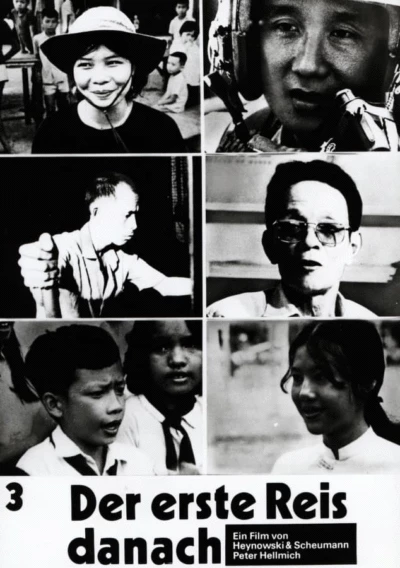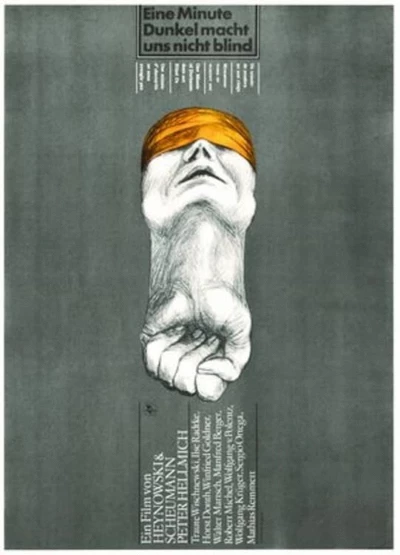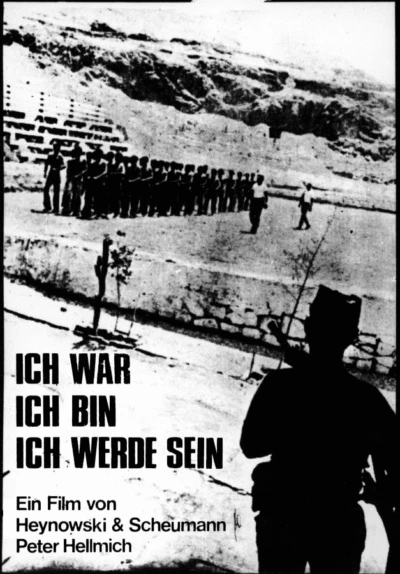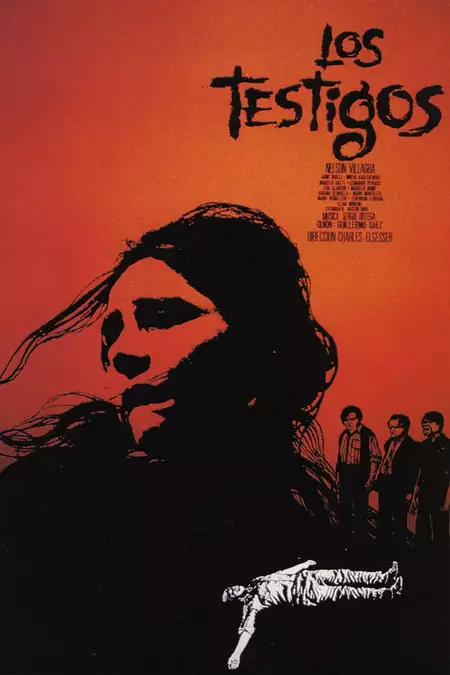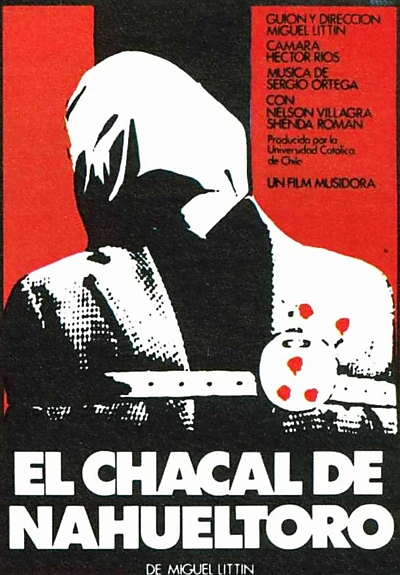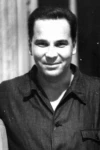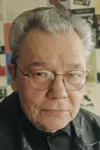Biography
(No Information)
Filmography
all 9
Movies 9
Composer
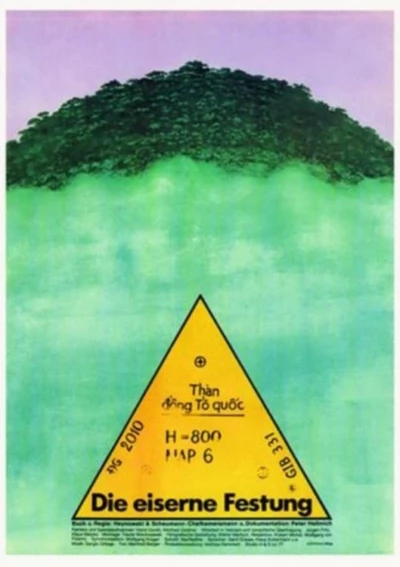
The Iron Fortress (1977)
Movie
Original Music Composer
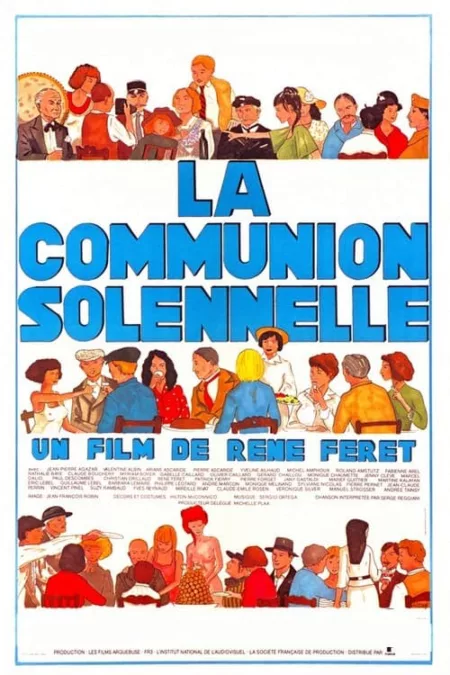
Solemn Communion (1977)
Movie
Composer
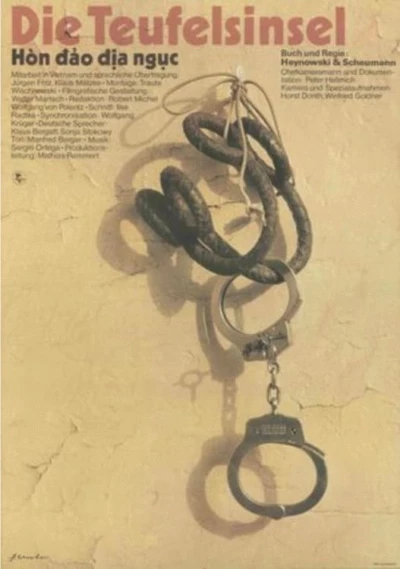
Devil's Island (1976)
Movie
Composer
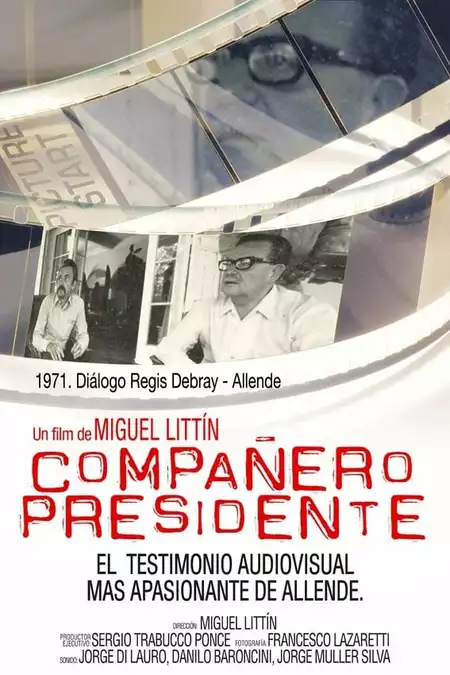
Compañero Presidente (1971)
Movie
Information
Known ForSound
GenderMale
Birthday1938-02-02
Deathday2003-09-16 (65 years old)
Birth PlaceAntofagasta, Chile
ChildrenGabriel Ortega, Leonardo Ortega, Chañaral Ortega Miranda
CitizenshipsFrance, Chile
Awardsillustrious son, Order of Friendship of Peoples
This article uses material from Wikipedia.
Last updated:
 Sergio Ortega
Sergio Ortega- Filmography
- Information
- Related Persons
